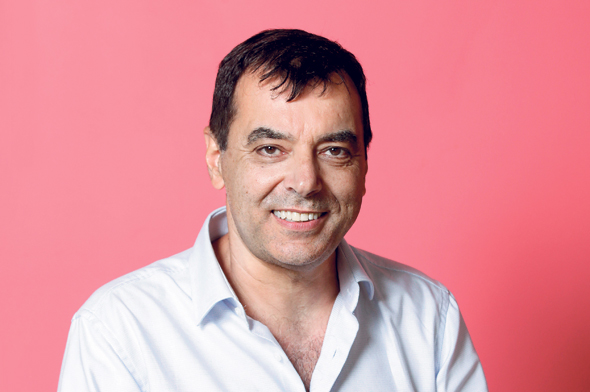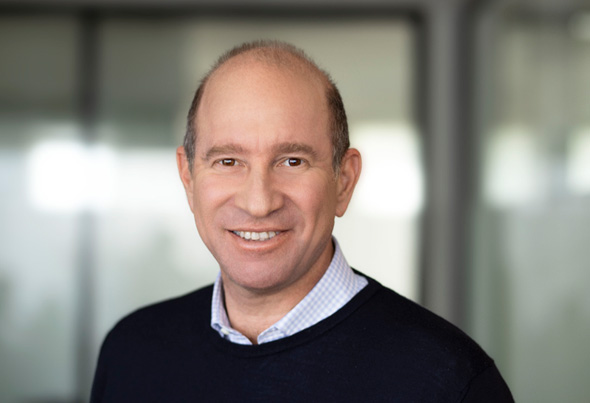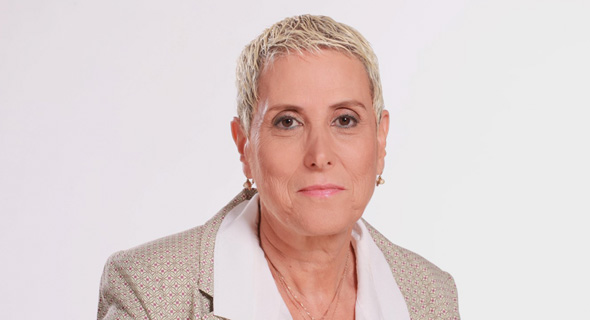Jerusalem Syndrome: Tech leaders gush over the city’s entrepreneurial spirit
Amnon Shashua and Elie Wurtman discuss what makes Israel’s capital a prime location for successful tech companies at Calcalist’s Jerusalem 2030 online conference
11:2301.12.20
Jerusalem’s future as a tech center was the topic of Calcalist’s Jerusalem 2030 online conference that took place this week and featured some of the most prominent tech entrepreneurs who call Israel’s capital home.
“Our company was born here, the Hebrew University is just around the corner and there are extensive ties between the university and Mobileye—one of the buildings there is even named after the company,” Amnon Shashua, the founder of Mobileye, OrCam, and AI21 said in an interview with Calcalist’s Hagar Ravet. “Most of our employees hail from the city and we are in the midst of building a new billion shekel campus, which we plan to move into in a year and a half. Even though we are a multinational company with offshoots in Asia, Europe, and the U.S. boasting revenues of a billion dollars a year and the daughter company of a major U.S. corporation (Intel), we are a company with Jerusalemite characteristics — we have retained our modesty and hunger for success.”

Amnon Shashua. Photo: Amit Shaalצילום: עמית שעל
Shashua went on to describe the advantages of operating in Jerusalem when it comes to employee recruitment. “Mobileye is the biggest tech company in the city and that provides us with clout. Had we been located in Tel Aviv, we would have been one of several large companies. That clout helps us when it comes to recruiting team members. There is a lot of talent in Jerusalem and the surrounding areas,” he said.
Elie Wurtman, the co-founder of PICO Venture Partners, is also passionate about the city. “I have been a Jerusalemite since I was eight years old. I love the city, I believe in it and when I founded my own venture capital firm I naturally decided it would be situated in Jerusalem,” he said in an interview with Calcalist’s Meir Orbach.

Elie Wurtman. Photo: Omer Hacohen צילום: עומר הכהן
Wurtman, who was born in Philadelphia and immigrated to Israel as a child said one of his personal goals was to strengthen his adoptive city. “Jerusalem is a city with momentum and I believe young entrepreneurs will be part of its future. Already some of our portfolio is made up of companies led by young people who plan to remain and establish themselves in the city,” he said. “The traffic jams alone are reason enough for a young entrepreneur to want to stay close to home. Jerusalem has great human capital and all it needs are a few more success stories like Mobileye.”
Wurtman added that the Covid-19 pandemic and the transition to remote work helped the city, which is now experiencing a period of tech sector growth. “I believe high-tech can bolster the city. We have a commitment to creating new jobs because tech is the driving force of the Israeli economy,” Wurtman concluded.
When it comes to Jerusalem’s future, one of the most anticipated projects is a major architectural plan to revamp the entrance to the city. The initiative, called the Jerusalem Gateway, is backed by a NIS 800 million ($242 million) investment and will include the development of hotels, office towers, an assisted living facility, and a convention center all with the purpose of revitalizing the city over the coming decade.
Mira Altman, the CEO of the International Convention Center, commonly known as Binyanei HaUma, the city’s biggest conference hall, spoke about the challenges of bringing major conferences to the city but expressed hope that the new plan will help the cause.

Mira Altman. Ilan Besorצילום: אילן בשור



